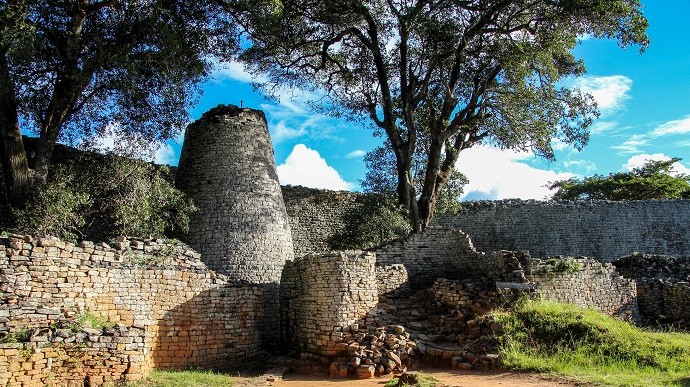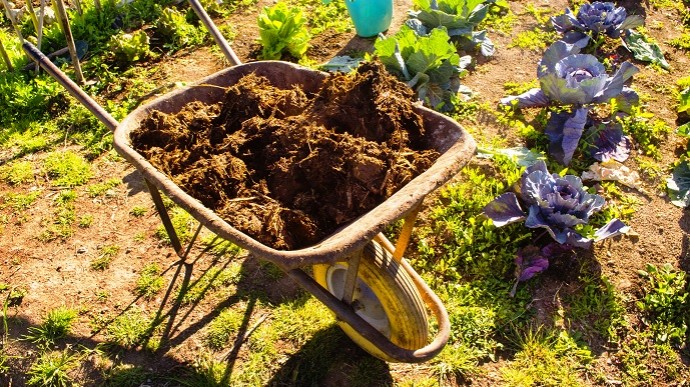 Story
Story
A study involving the University of Pretoria (UP), along with academics from Great Zimbabwe University, University of Cambridge in the UK and Aarhus University in Denmark, has revealed how Great Zimbabwe – the largest city in Southern Africa during the Middle Ages – stored water in dhaka pits to overcome severe water scarcity and drought.
 Gallery
Gallery
Water security is currently among the most significant global challenges for human subsistence and environmental health. UP archeologists have discovered that during the middle ages, the people of Great Zimbabwe developed means to conserve water which could make for effective strategies in terms of water management and conservation today.
 Story
Story
University of Pretoria (UP) researchers lent their expertise to a recent study led by the University of KwaZulu-Natal and found that rural farmers in KwaZulu-Natal are open to buying and using compost made from human sewage as long as they can be sure that it is safe, affordable and works as well as other products on the market.
 Lecture
Lecture
Child activists have moved themselves to the front of the environmental protection agenda, and through this they have made the right to a clean, healthy, and sustainable environment a children’s rights issue. The arguments advanced by them (and by adults assisting them) is that they are more impacted by environmental harms and are also closer to (or part of) future generations. This lecture...
 Story
Story
This issue features research from all of the University of Pretoria's nine faculties and our business school, the Gordan Institute of Business Science (GIBS) and shows how our research is opening a new world and a better future.
 Gallery
Gallery
The beak of the female African white-backed vulture was crushed when she was hit by a car in March 2023. Have a look at how University of Pretoria researchers found a way to help her eat again.
Copyright © University of Pretoria 2025. All rights reserved.
Get Social With Us
Download the UP Mobile App